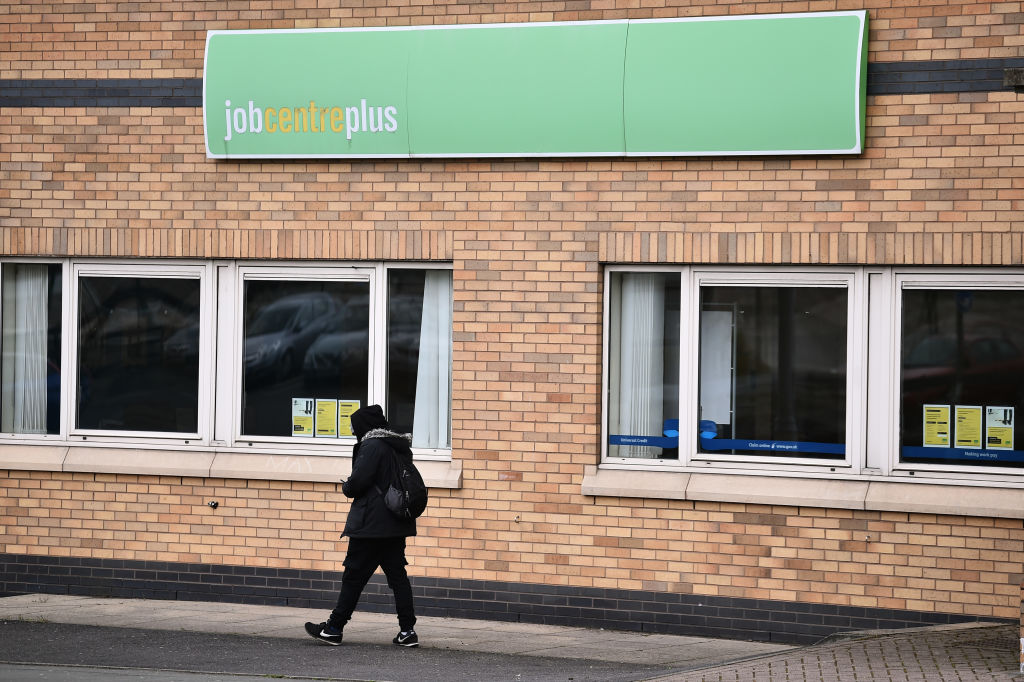Politics is a goldfish bowl, and not in the sense that it’s small and everyone is watching you intensely. It’s more that the inhabitants of the bowl have a three-second memory. That’s the only explanation for the Liberal Democrats saying they will use their 71 MPs to push Labour for cross-party talks on social care.
Care and the health service was one of the key themes of Ed Davey’s campaign, so it’s not a surprise that his party is briefing that social care will be an early focus. And there is a crisis in social care that we’ve known about for 20 years and that is seriously hampering the ability of the NHS to treat patients in a timely and dignified fashion.
The problem is that we have been here before on cross-party talks so many times. In 2009, the Tories suggested they would back then Labour health secretary Andy Burnham’s care reforms – before dropping their support because an election was coming, and branding the plan they had pretended to support a ‘death tax’. They then had their own go, or at least their own go at delaying the issue by setting up the Dilnot Commission, which they then legislated on and delayed repeatedly due to affordability and the discovery that local authorities were not ready to implement it.
Even goldfish don’t need reminding of Theresa May’s social care pitch in the 2017 election – and the damage it did to her campaign. After that, there was once again talk of cross-party talks on social care, with Liberal Democrats like the excellent former care minister Norman Lamb and Labour’s Liz Kendall – at the time a backbencher – pressing for them. At the time, I remember speaking to allies of Jeremy Hunt, then the health secretary, who thought it was very nice that there were cross party talks being offered, but who pointed out that ultimately these always fail. Their argument? One of the reasons we have political parties is that they are groups of people who agree with each other on policies and disagree with the guys in the other camp. The Tories, Labour and Lib Dems all have fundamentally different views on private wealth and the role of the state: two things that are very much central to social care reform. So they are never going to agree on a solution.
Labour has a big enough majority now that it doesn’t need cross-party social care talks. It also has 20 years’ worth of royal commissions and ‘oven ready’ social care reform plans that it doesn’t need another time-consuming review on what to do: we know the options, and someone just needs to choose between them.
It will burn political capital if it gets going with full scale reform of social care, but that’s what the early days of a government are about: one of Tony Blair’s regrets is that he didn’t get going with this kind of big reform until his second term, when governing was a much more gelatinous process. The Lib Dems could help ease the passage of social care legislation, but offering to be part of talks isn’t actually that helpful. Keir Starmer just needs to get on with it.









Comments